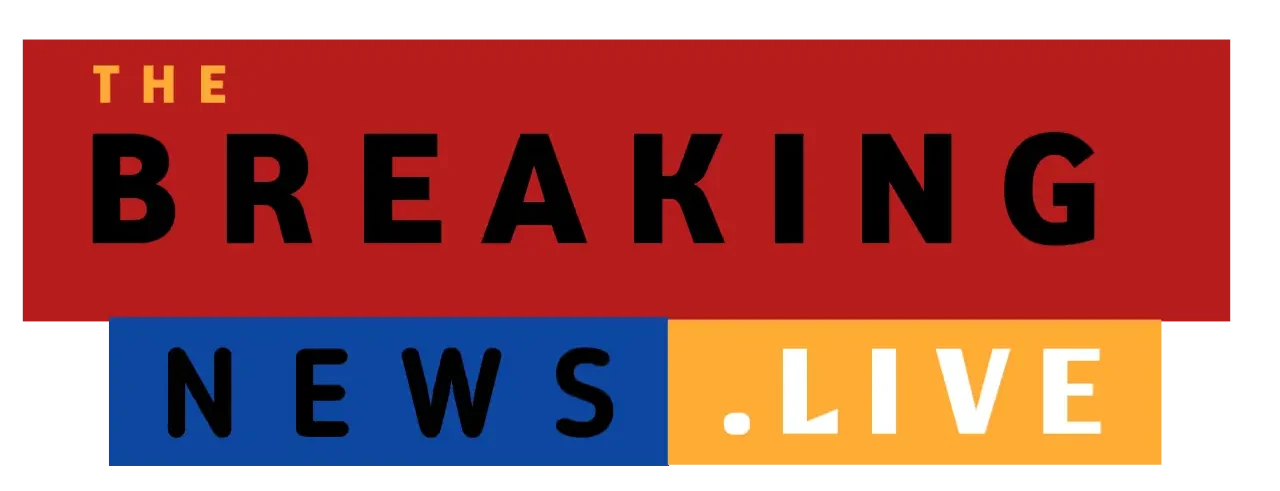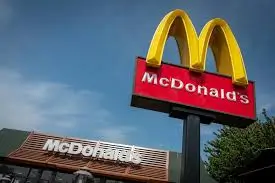New York, NY – A growing number of Americans are calling for a McDonald’s boycott, a movement that started as a social media trend and has since spilled over into mainstream conversations. Sparked by a mix of political, ethical, and economic concerns, the McDonald’s boycott is now more than a hashtag — it’s turning into a statement with real-world impact.
From college campuses to urban city centers and even some suburban areas, activists and everyday customers are saying “no” to their usual fries and burgers. But what’s really fueling this surge in anti-McDonald’s sentiment?
Origins of the McDonald’s Boycott
The McDonald’s boycott began circulating on Twitter and TikTok after allegations surfaced regarding the brand’s perceived political affiliations and its continued operations in controversial regions. Many critics pointed to McDonald’s international presence in areas experiencing conflict, suggesting the company was putting profit over people.
The trend intensified after several viral videos accused the fast-food giant of supporting or failing to condemn actions that many customers felt strongly about. Regardless of the company’s official statements, public perception quickly shifted.
Why Are People Boycotting McDonald’s?
At its core, the McDonald’s boycott is a reaction to multiple overlapping issues:
- Geopolitical Concerns: Activists argue McDonald’s has not taken enough ethical responsibility for its business operations in politically sensitive regions.
- Labor Practices: Others point to employee treatment and wage disputes, especially in the U.S. where the fast-food labor movement has demanded better pay and benefits.
- Health and Nutrition: Some supporters of the boycott are leveraging the movement to push back against fast-food culture in general, blaming companies like McDonald’s for contributing to rising obesity and health concerns in America.
- Cultural Sensitivity: McDonald’s advertising and operations in certain countries have also come under fire, with critics accusing the brand of being tone-deaf to cultural and political issues.
Social Media’s Role in Amplifying the McDonald’s Boycott
The boycott was supercharged by TikTok influencers and Twitter threads showcasing McDonald’s responses — or lack thereof — to global crises. Hashtags like #BoycottMcDonalds, #McDonaldsBoycott, and #FriesNotFreedom gained momentum, with users sharing their reasons for avoiding the golden arches.
The brand’s silence or neutral statements have only fueled the fire. Public pressure continues to mount, especially among Gen Z and younger millennials, who expect more corporate accountability.
How McDonald’s Is Responding
McDonald’s corporate offices have issued multiple statements reiterating their commitment to “serving communities globally” and adhering to international standards. However, the responses have been perceived as vague or insufficient by many protestors.
To date, McDonald’s has not acknowledged the boycott directly. While some regional stores have seen minor dips in traffic, the brand insists that its overall performance remains strong. Yet, some insiders suggest otherwise.
Is the Boycott Having an Economic Impact?
So far, the economic impact appears modest but growing. Independent market analysts note a noticeable shift in consumer behavior, particularly in cities like Chicago, New York, and Los Angeles.
According to a recent report, sales dipped by 2–3% in select urban areas during the peak of the McDonald’s boycott conversation. While that may not seem large, analysts warn that sustained activism could result in longer-term damage to the brand’s public image and revenue.
What’s Next for the Movement?
Whether the McDonald’s boycott continues to gain traction depends largely on three factors:
- Public Pressure: As more celebrities and influencers speak out, the movement may attract mainstream attention and larger media coverage.
- Corporate Response: If McDonald’s makes policy shifts, public acknowledgments, or changes its business strategies, it could slow or stop the boycott altogether.
- Global Events: The boycott could reignite or intensify depending on how global socio-political events unfold — especially if McDonald’s is tied, rightly or wrongly, to them.
What Should Consumers Consider?
While boycotting McDonald’s may be a symbolic act for some, for others it’s a stand rooted in strong values. For consumers wondering whether to join the boycott, consider:
- Your Motivation: Is it political, ethical, health-related, or something else?
- The Bigger Picture: Are you looking to support alternative food providers? What’s the long-term change you want to see?
- Your Voice: Many boycott supporters are also calling for action, not just silence. Tweeting, writing to McDonald’s, and joining peaceful protests are all part of their toolkit.
Final Thoughts: More Than Just Fast Food
The McDonald’s boycott is yet another example of how brand accountability is no longer optional. In today’s digital world, consumers are informed, opinionated, and ready to vote with their wallets. Whether the movement brings about change or fades over time, one thing is clear: in 2025, fast food isn’t just about fast service — it’s also about fast consequences.

